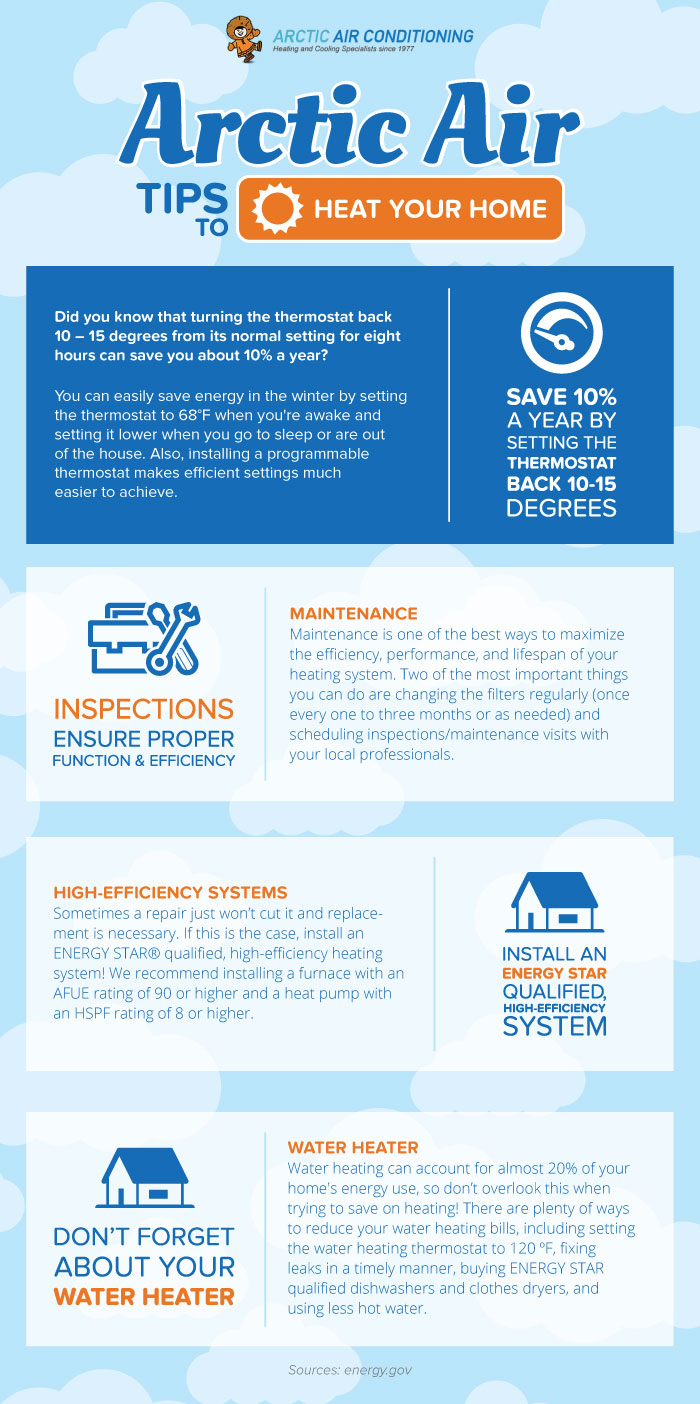The Future Of Home Home Heating - How Heat Pump Innovation Is Evolving
The Future Of Home Home Heating - How Heat Pump Innovation Is Evolving
Blog Article
Created By-Marshall Goff
Heatpump will certainly be an important technology for decarbonising heating. In a circumstance consistent with governments' introduced power and environment commitments, their global capacity increases by 2030, while their share in heating rises to one-quarter.
They function best in well-insulated homes and rely upon electricity, which can be supplied from a renewable power grid. Technological advancements are making them a lot more effective, smarter and less expensive.
Fuel Cells
Heat pumps use a compressor, refrigerant, coils and followers to relocate the air and heat in homes and home appliances. They can be powered by solar power or electricity from the grid. They have actually been obtaining popularity because of their inexpensive, peaceful operation and the ability to generate power throughout peak power need.
Some business, like IdaTech and BG MicroGen, are servicing fuel cells for home heating. These microgenerators can replace a gas central heating boiler and create some of a home's electric requirements with a connection to the electricity grid for the remainder.
Yet there are factors to be hesitant of using hydrogen for home heating, Rosenow states. It would certainly be expensive and ineffective contrasted to other modern technologies, and it would certainly contribute to carbon discharges.
Smart and Connected Technologies
Smart home technology permits property owners to link and manage their devices remotely with using smartphone applications. For https://storage.googleapis.com/mgyb-thug/dc-installation-services.html , smart thermostats can learn your heating preferences and automatically get used to enhance power consumption. Smart lighting systems can be regulated with voice commands and automatically shut off lights when you leave the area, reducing power waste. And smart plugs can keep an eye on and handle your electrical use, permitting you to determine and limit energy-hungry devices.
The tech-savvy home shown in Carina's interview is a good picture of exactly how passengers reconfigure room heating techniques in the light of brand-new smart home modern technologies. They rely upon the devices' computerized attributes to accomplish day-to-day adjustments and concern them as a practical means of conducting their home heating techniques. Thus, https://drive.google.com/drive/folders/1019ORns6pjOaHvLT24lhPI8vCwd1p-yv see no reason to adjust their techniques additionally in order to enable versatility in their home energy need, and interventions focusing on doing so might deal with resistance from these homes.
heat pumps service near me
Since warming homes represent 13% of US discharges, a button to cleaner alternatives might make a huge distinction. But the technology deals with obstacles: It's expensive and calls for considerable home remodellings. And it's not constantly compatible with renewable resource resources, such as solar and wind.
Till recently, electrical heatpump were too expensive to take on gas designs in the majority of markets. However new advancements in style and materials are making them a lot more economical. And far better cool climate efficiency is enabling them to operate well even in subzero temperature levels.
The next step in decarbonising heating may be the use of warmth networks, which draw heat from a central resource, such as a close-by river or sea inlet, and distribute it to a network of homes or buildings. That would certainly decrease carbon discharges and permit households to benefit from renewable energy, such as eco-friendly electricity from a grid provided by renewables. This option would be much less expensive than changing to hydrogen, a nonrenewable fuel source that needs brand-new facilities and would just minimize CO2 discharges by 5 percent if coupled with enhanced home insulation.
Renewable resource
As electrical energy rates go down, we're beginning to see the exact same trend in home heating that has driven electrical automobiles right into the mainstream-- but at an even much faster pace. The strong environment case for electrifying homes has been pushed additionally by new research study.
Renewables account for a significant share of contemporary warmth intake, however have actually been given restricted plan focus globally contrasted to various other end-use markets-- and even less interest than electricity has. In part, this reflects a mix of customer inertia, divided motivations and, in many countries, aids for fossil fuels.
New innovations could make the change less complicated. As an example, heat pumps can be made a lot more power reliable by changing old R-22 cooling agents with brand-new ones that do not have the high GWPs of their precursors. Some specialists additionally envision district systems that draw heat from a close-by river or sea inlet, like a Norwegian arm. The cozy water can after that be made use of for cooling and heating in a neighborhood.